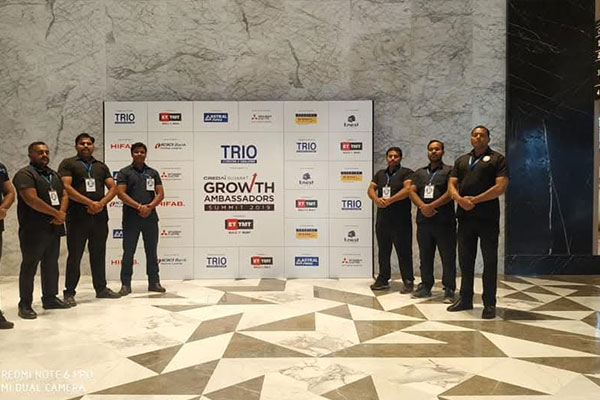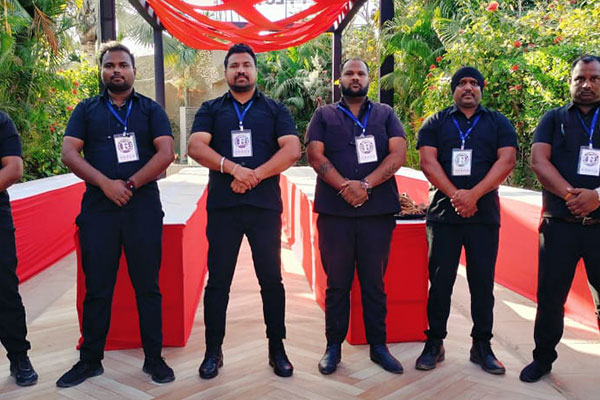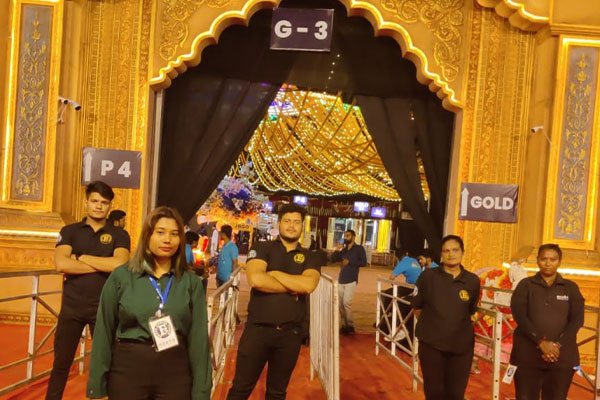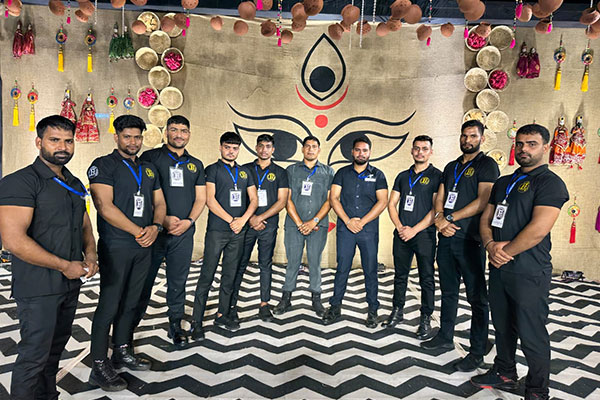corporate Security Solution
Your Security is our priority.
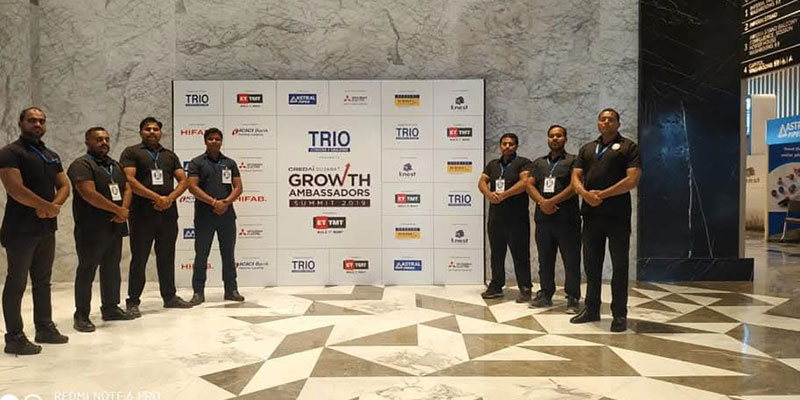
corporate Security Solution
Falcon Fighter Force covers a wide range of aspects, from physical security to cyber security. Office security is a critical aspect of any organization’s operations. In a world where threats can come from both internal and external sources, ensuring a secure workplace is not just about closing the doors – it’s about creating a safe, secure and productive environment for all employees. Office security includes physical security, cyber security, employee awareness and emergency preparedness. It directly impacts productivity, reputation and the overall success of a business. Physical security forms the foundation of office security. This includes securing access points with appropriate locks, surveillance cameras and alarm systems. Controlled access systems such as keycards or biometric scanners ensure that only authorized personnel can enter a building or restricted zone. Reception areas should be monitored and visitors logged to prevent unauthorized access. These precautions protect company property, sensitive documents and staff members from theft or loss.
Falcon Fighter Force also plays a role in surveillance and monitoring systems. Modern surveillance systems act as both deterrent and investigative tools. Strategically placed security cameras throughout the office help monitor suspicious behaviour, ensure compliance with company protocols, and provide evidence in the event of an incident. Integrating surveillance with motion sensors and remote monitoring can provide real-time alerts, increase response times, and minimize damage or loss during an emergency. While physical threats are easy to imagine, digital threats can be even more damaging. Offices rely heavily on networks, databases, and cloud storage—all of which are vulnerable to hacking, malware, and data breaches. Businesses should implement robust firewalls, antivirus software, and encrypted communication channels. Regular software updates and patching of vulnerabilities can help protect digital infrastructure from evolving threats.
Falcon Fighter Force Access control isn’t just about locking doors; it’s about managing who can go where and when. Issuing employee ID cards with embedded access privileges helps keep track of movement within the office. More advanced systems can use fingerprint or facial recognition. These technologies reduce the chance of unauthorized entry and ensure that only those with the proper clearance can enter sensitive areas. Employees are the first line of defence when it comes to office security. Educating employees about best practices – such as not sharing passwords, locking computers when away from their desks, and recognizing phishing emails – can prevent many security breaches. Regular workshops, refresher courses, and simulated attack drills can help keep security at the forefront of employees’ minds. A key aspect of office security is knowing who is in the building at all times. A digital visitor management system can streamline this process. Security Agency in Ahmedabad Instead of manually signing in guests, these systems record visitor data, issue temporary access cards, and automatically alert hosts. This not only improves security but also increases professionalism and efficiency in the reception area.
Falcon Fighter Force Security is not just about preventing breaches – it also involves responding effectively when things go wrong. Every office should have a well-documented and practiced emergency response plan. This includes evacuation routes, fire drills, active shooter protocols, and first aid preparation. Employees should be aware of what to do in the event of a fire, natural disaster, or other emergency. Protecting sensitive data—whether digital or physical—is the foundation of office security. Confidential client information, financial records, and internal communications should be kept secure. Locked file cabinets, access-controlled servers, and segregation of unnecessary documents all contribute to data security. Additionally, implementing policies for remote work security is essential in today’s flexible work environment. Not all threats come from the outside. Insider threats, whether intentional or accidental, can be devastating. Conducting background checks during hiring, monitoring access logs, and setting role-based privileges can mitigate these risks. Promoting a culture of accountability and trust while maintaining appropriate oversight helps balance security with a positive work environment.



